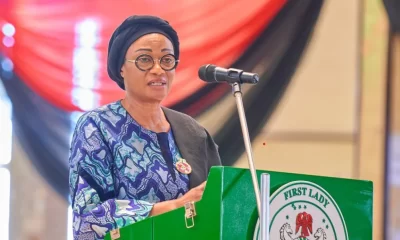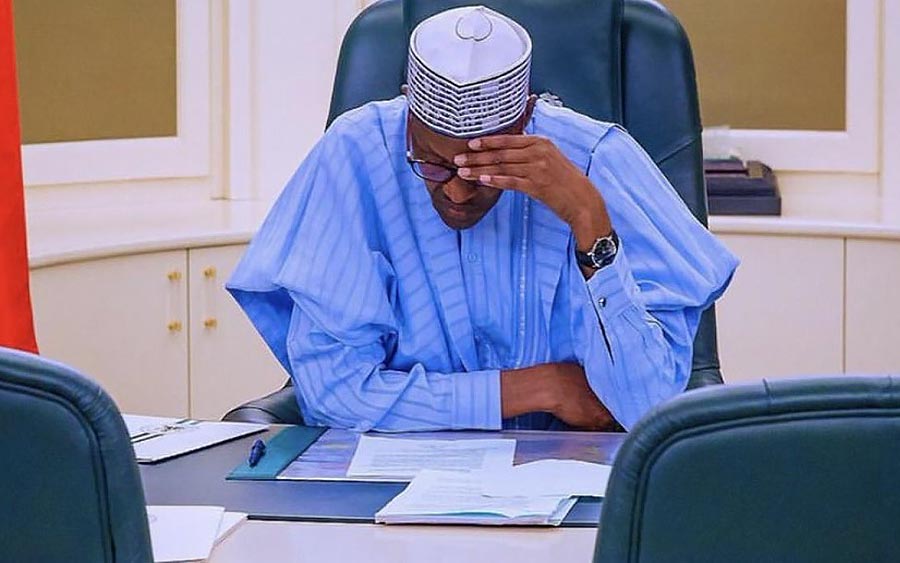Revelations of the Group Managing Director of the Nigerian National Petroleum Corporation (NNPC), Mele Kyari, convoyed a seeming approval by President Muhammadu Buhari, who many believe is holding the portfolio of the Minster of Petroleum, for the shutdown of the four refineries in Nigeria which was subsequently followed by sudden increase of the pump price of petrol from the depot price of N151.50 per litre to retail price of N160 to n162 per litre in the country.
The NNPC GMD had on Channels television on Wednesday disclosed that the petrochemical refineries in Port Harcourt, Warri, and Kaduna were deliberately shut down for operating below installed capacity. Mele Kyari may have hypothetical alluded that the government preferred to shut down the refineries after turnaround maintenance failed to restore the optimal operational capacity of the refineries. The government may have run out technological update or upgrading required of modern refineries in the world. Yet, a refinery in Niger was said to be supplying petrol to Nigeria.
The NNPC GMD, Mele Kyari, had highlighted: “All the four refineries in three locations are shut down and it was a deliberate decision for two reasons.
“One is that the delivery of crude oil to these refineries is completely challenged because the pipeline network has been completely compromised by vandals and all kinds of people that will not allow us to operate these pipelines.
“That means you are not able to deliver crude oil to these refineries effectively to their maximum capacity.
“Secondly, what you call rehabilitation is different from the turnaround maintenance. Turnaround is routine which every refinery does but when you talk about rehabilitation, it is that colossal loss of capacity in the refinery and it means you have not done the turnaround maintenance properly.
“Typically, every refinery is expected to operate at 90 per cent of its installed capacity. With the best of effort, with all the turnaround maintenance that has taken place, it is impossible to run any of the refineries before the shutdown at that level.
“Our estimate was to run it at 60 per cent of capacity but if you do that, all you are doing is value destruction. You will take $100 crude into the refinery and bring out $70 product. It doesn’t make sense.”
The government, therefore, resolved to close local production and resort to 100% per cent importation. Then, the impetus of increase in the pump price of petrol under the guise of removing subsidy when the production and distribution chains are still under the NNPC monopoly; and there is no open market competition that would allow market forces to determine prices. And Nigerians are being threatened with illogical statistics that the price of petrol in Nigeria is the cheapest in the world.

 Entertainment7 days ago
Entertainment7 days ago
 Entertainment4 days ago
Entertainment4 days ago
 Comments and Issues7 days ago
Comments and Issues7 days ago
 Comments and Issues7 days ago
Comments and Issues7 days ago
 Business7 days ago
Business7 days ago
 Health6 days ago
Health6 days ago
 Comments and Issues7 days ago
Comments and Issues7 days ago
 Editorial Opinion1 week ago
Editorial Opinion1 week ago

